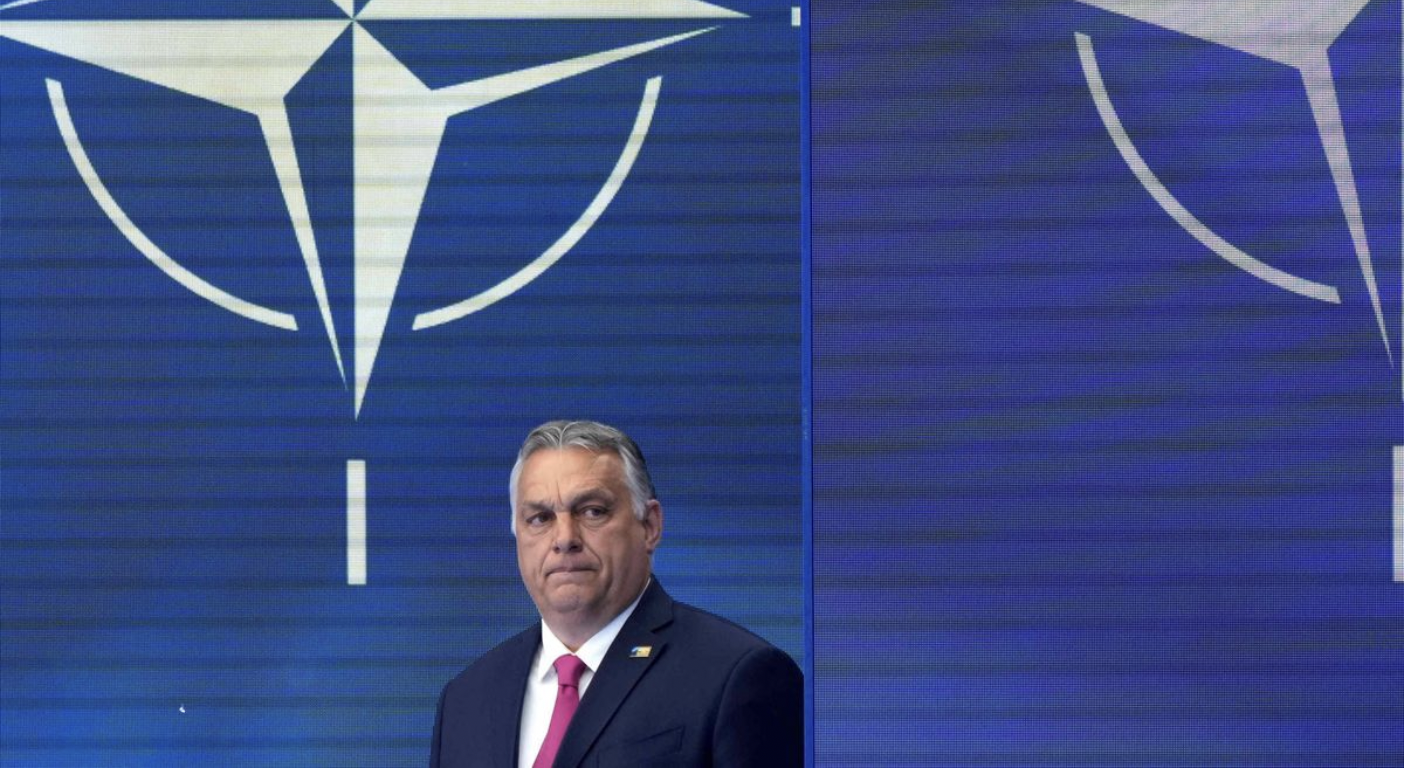The world is watching as the Russian Federation is constantly being accused of war crimes and other international lawbreaking. Now before the public and politicians can just jump to conclusions, you can’t just call someone a war criminal or say another state (as in the nation-state, not the 50 states of America) is breaking international law. Here is a brief explanation of how International Law works and why it can’t be really considered a law.
First of all, you must know what International Law is. International Law is a set of laws that govern relations between states. It helps build peace between nations who agree to the treaty. Some international laws include the Geneva Convention, the Kyoto Protocol, and the Paris Climate Agreement. These international treaties maintain peace between nations as well as benefit the world in terms of climate change treaties such as the Kyoto Protocol and the Paris Climate Agreement.
However, while it can remain a beneficial factor in maintaining peace around the world, it is still very weak. International law cannot be considered a set of rules because it can only be enforced by moral principles. International law relies almost exclusively on consent to take any course of action; because of this it is and will likely remain legally weak. There is also a legislature, and, while a court exists, it has no real power to enforce its decisions.
International law was not designed to control but to facilitate international activity and so these treaties and laws have a hard time trying to enforce action by nations that break these laws.
Other than international law being a weak law, the International Court of Justice (ICJ), which is the judicial system that makes decisions on whether or not a state has broken international law, is also very biased. According to the Chicago, they “find strong evidence that judges favor the states that appoint them and that judges favor states whose wealth level is close to that of the their own states, and weaker evidence that judges favor states whose political system is similar to that of their own states and that (more weakly) judges favor states whose culture (language and religion) is similar to that of their own states. We find weak or no evidence that judges are influenced by regional and military alignments.”
While the UN continues to argue “International law does work, at times invisibly and yet successfully,” in its Fact Sheet 5 of Understanding International Law, it fails to work when the party refuses to abide by its obligations and undertake actions required for compliance. In addition, the judges of the International Court of Justice (ICJ) are very biased in their decisions.





I think that you’re so self-aggrandizing in this musing just to be oppositional.
Absolutely- one have an obligation not to ignore injustice any longer. How to proceed?